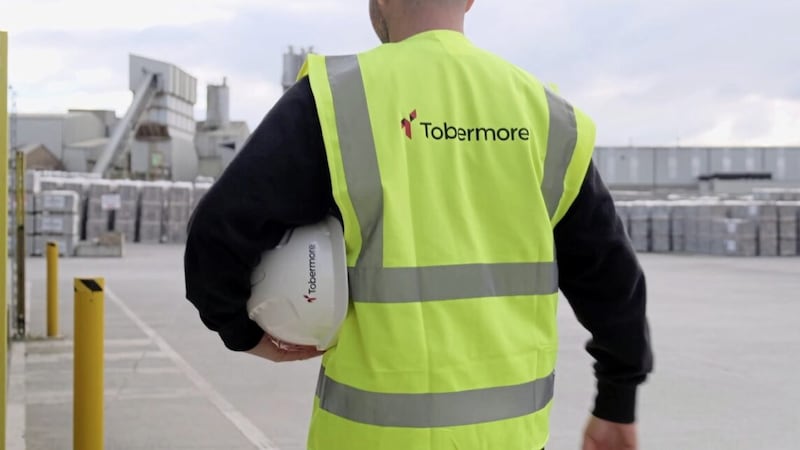WITH the lockdown gradually being lifted across Europe, borders being opened and airlines flying again, many people will be considering their holiday options for the summer months. Those who have pre-booked could remain committed to going away - depending on the terms and conditions of both their holiday booking and their holiday insurance.
But with so much uncertainty in the air, together with ongoing concerns around Covid-19, the reality is many people will be unwilling to make a final decision about their holiday plans.
The Foreign & Commonwealth Office currently advises against all but essential international travel - although this could well be changed as we move firmly into holiday season. Many may see it as a necessary break from all the stress and anxiety that lockdown has caused and a chance to attempt a return to normality. But as a result of new government policy, the typical concept of a ‘two-week break in the sun’ has a potential sting in the tail.
As of June 8, new regulations came into force requiring the majority of travellers entering the UK to undergo 14 days of self-isolation or ‘quarantine’. Upon arrival on UK soil, they must identify a residence where they will self-isolate. During the following 14 days, they are not allowed to leave the specified residence except for medical assistance or to obtain food (where it can’t be delivered).
Breaking this self-imposed quarantine will be deemed a criminal offence and could result in a fine of £1,000. There are several exemptions to this, the most crucial being that travel between the UK and Ireland does not require quarantine.
So what does that mean for employees who decide to head off on their holiday break this summer?
First and foremost, they are going to need to find a way of managing the 14-day quarantine upon their return. Being trapped in the house for two weeks may be entirely feasible for those who can work from home - but if not, then it poses a potential problem.
There are various ways of addressing this issue. The most obvious being that the employee could take an additional 14 days off on holiday (eg 28 days in total). But this could well leave the same employee with very few holidays (if any) for the remainder of the year, or indeed they may not have sufficient holiday entitlement to do this in the first place.
That aside, an employer may be reluctant for the employee to be off work for such an extended period, particularly at a time when businesses are trying to get back on track, and trading and staffing may be uncertain or require flexibility. It should be noted that an employer has the right to dictate when employees take holidays, and it may be that after factoring in the quarantine period an employer decides that it cannot permit the employee to take holidays (at least not abroad).
From a different perspective, furloughed employees returning to work over the coming months could have accrued significant amounts of leave which, under the new regulations, could potentially be carried over into the next two holiday years. So holidaying employees being required to take additional holiday for quarantine may well suit employers with one eye on the future.
What are the other options? Unlike other self-isolation, i.e. for those or members of their household displaying Covid-19 symptoms or having been contacted by track and trace agents, SSP will not be paid for quarantine. The government has yet to amend the SSP regulations, and it is not certain whether in fact they will.
The only other option for the employee is to agree that the quarantine period will be a period of unpaid leave. It is, of course, open for employers and employees to perhaps agree to a mix of holiday and unpaid leave to cover this period.
Due to this lack of clarity, what we may see is people opting for the 'staycation' this summer which at least will benefit the UK and RoI tourist and hospitality sectors once lockdown is lifted.
:: Andrew Lightburn (andrew.lightburn@dwf.law) is senior associate (employment) at DWF Belfast (www.dwf.law)




